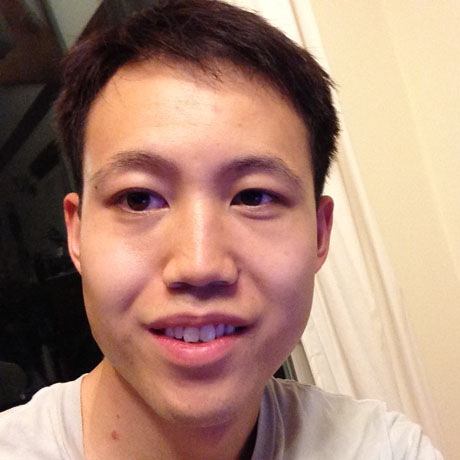Dr. Michael Jin
In Worldview and Beliefs, Michael Jin said
“I am an existentialist in the most important sense of the word — I know I exist, and I am now seeking an essence. I feel the angst associated with the ‘tyranny of choice’, and the strange intermingling of human instinct, conscious volition, fear of death, lust, desire, guilt, passion. However, I believe that much of ‘essence’ is governed by genes and environment, and there is little room between these for what is deemed the individual will, if any at all. Most people have attitudes determined by these twin forces, and the more introspective can only hope that their self-reflection leads to some glorious holism, by which the nature of their selves is somehow more than the sum of the parts — namely, genetics and environment.Though an existentialist in the sense that I search for meaning in chaos, and attempt to order a disordered array of entities in the way a newborn child makes sense of the kaleidoscopic, colored-dot world, I have faith in an ultimate correct order. Just as human life would be meaningless, in my opinion, given death, existence would be meaningless given entropy as the sole fundamental truth. It is thus my deliberate position that humanity has a nonzero chance of achieving joyous, infinite growth: that we, not only our descendants, will never reach a state of boredom or nonexistence.”
Michael Jin, M.D. cofounded the Stanford Transhumanist Association, a working group dedicated to spreading awareness of accelerating change and its impact on the human prospect. He currently serves as president. In 2005, the association sponsored public lectures by AI researcher Eliezer Yudkowsky, author Ramez Naam, and biogerontologist Aubrey de Grey. In 2006, he was co-chair of the planning committee for the Singularity Summit at Stanford, a historic gathering of thinkers to explore the rising impact of science and technology on society.
Michael focuses his studies on computer science and molecular biology and contributes to both fields. As a research programmer in the Virtual Human Interaction Laboratory, he explored the effects of non-zero sum proximity and gaze on learning in virtual reality. Currently, he works in the lab of neuroendocrinologist Robert Sapolsky, studying how stroked-induced neuronal damage can be modulated by gene therapy. He is also editorial intern for the peer-reviewed Journal of Evolution and Technology, published by the Institute for Ethics and Emerging Technologies.
He authored Killing the Messenger: The Promise of RNA Interference, Rational Thought in The Fountainhead, The Folly of Foie Gras, The Better Half of the Equation: Augustine and Dante on Sin, Virtue, and Agency, The Dissolution of Reason in Lear and its Reconstruction under Faith in Don Quixote, and FDA Serves Bitter Pills.
Read his LinkedIn profile.
